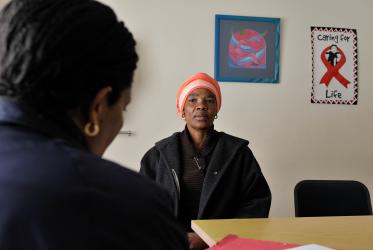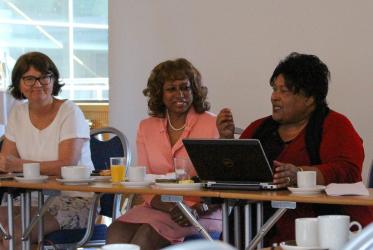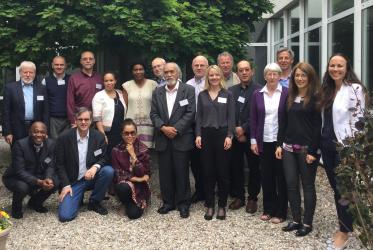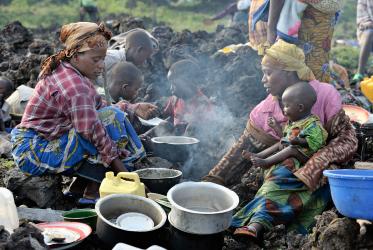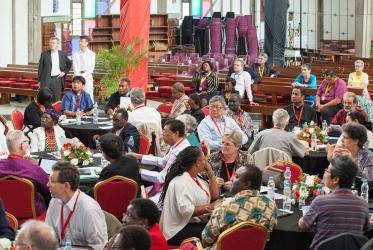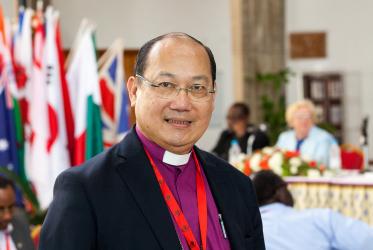Displaying 701 - 720 of 899
27 June 2016
Tveit in South Africa: “ We know. We dare. We can.”
12 June 2016
In Nigeria, end to stigma begins in the Bible
10 June 2016
Ecumenical educators plan global institute
25 May 2016
Winners of WCC photo contest announced
09 May 2016
WCC conference explores ecological injustice in Uganda
21 April 2016
